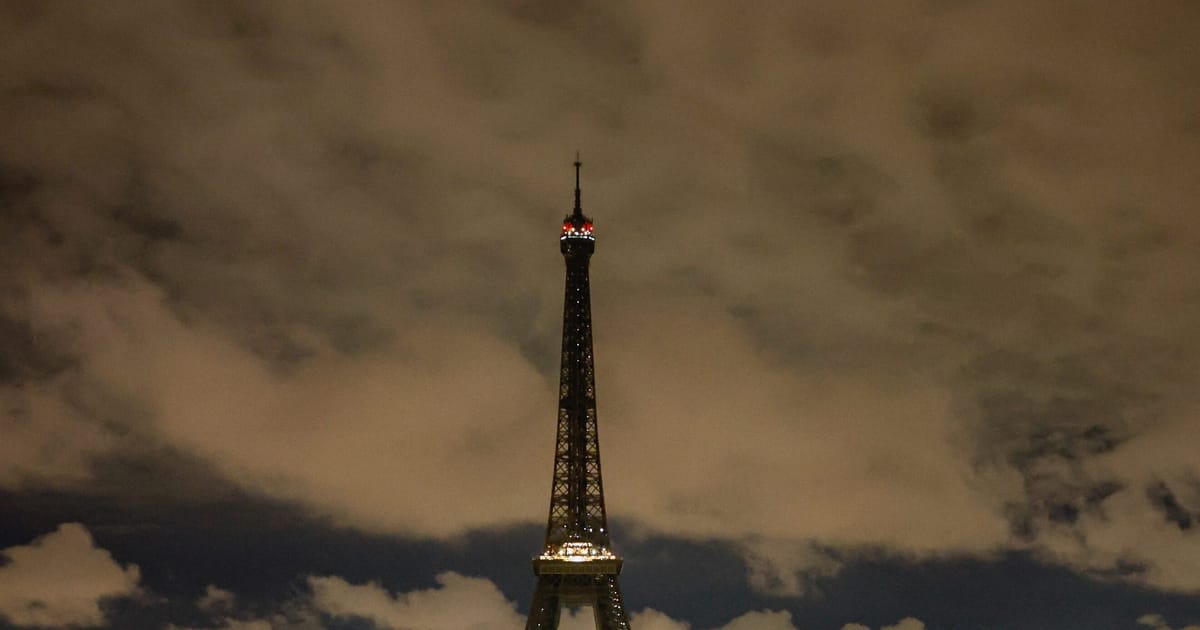So what could happen?
A government in financial difficulties will usually ask the IMF for a loan when financial markets refuse to lend to it because they don’t think they will ever be repaid. This generally happens after a government gets into too much debt by running big budget deficits (spending far more than it brings in).
The IMF will lend to a country if it agrees to enact reforms that remove the causes of such deficits. Invariably, this requires politically painful concessions from the country asking for help, such as big tax increases or cuts to public spending. That usually causes a recession in the short term, followed by a gradual recovery that ends with the country regaining access to the markets later on, which enables it to repay the IMF loan.
Qu’est-ce que c’est, this “International Monetary Fund”?
The IMF is a lender of last resort for countries that need foreign currency (traditionally, dollars) to buy essential imports. It was set up after World War II to act as a safety net for the global financial system and is financially backed by the governments of all the world’s significant economic powers.
Has France ever borrowed from the IMF?
No. While the Fifth Republic (France’s constitutional setup since 1958) has had a number of financial scares — such as during President François Mitterrand’s attempted “clean break with capitalism” in the 1980s — it has always corrected its course before needing the IMF’s help (unlike the U.K., for example, which requested emergency support in 1976).
Why are France’s finances unsustainable?
Public spending has to be paid for by taxes. France already has the highest tax burden in the developed world, at nearly 44 percent of gross domestic product in 2023. But spending has consistently outpaced tax revenue for 50 years: The government last ran a surplus in 1974. By 2030, the IMF (which keeps an eye on these things constantly) reckons French public debt will be 130 percent of GDP, double what it was before the financial crisis in 2008.
But France has managed so far, hasn’t it?
Well yes, but for most of the last decade, it’s been very cheap to borrow. Interest rates have gone up all over the world since 2022 and they show no sign of returning to their old low levels. In 2020, France paid less than €30 billion in interest on its debts. By the end of the decade, most forecasts suggest it will have to pay €100 billion a year. That’s money that can’t be spent on essential public services, from health to defense.
